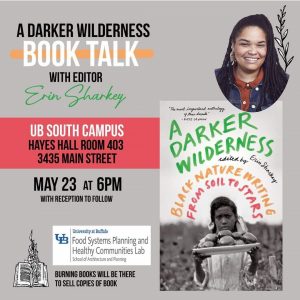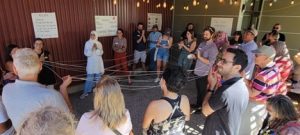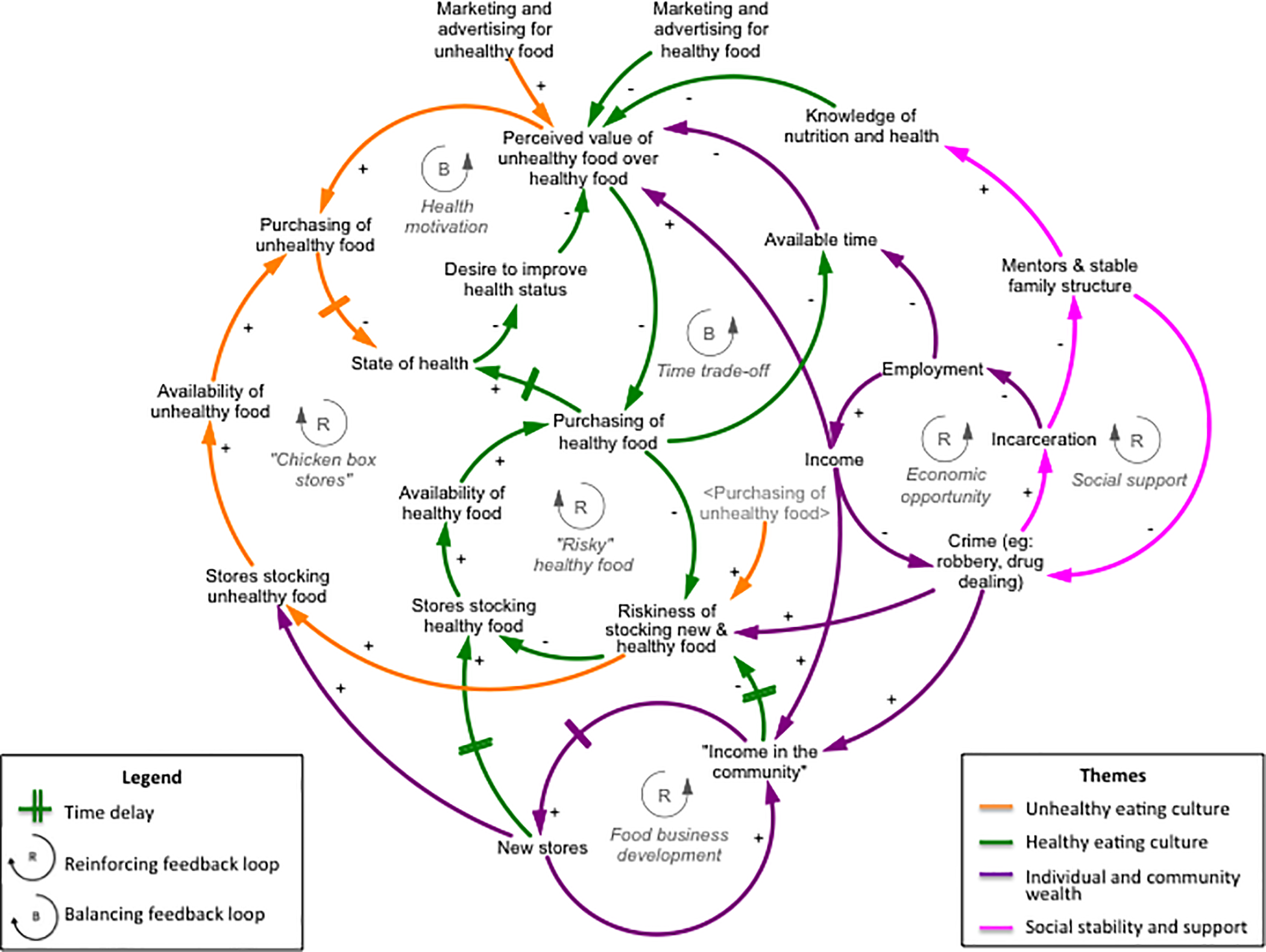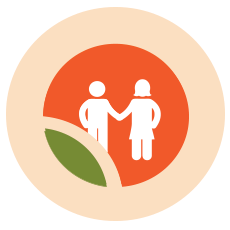The Food is Medicine Initiative, announced in September 2022 by the American Heart Association and The Rockefeller Foundation, with inaugural supporter Kroger, at the White House Conference on Hunger, Nutrition, and Health, seeks to provide the large-scale clinical evidence required to ensure patients receive medical prescriptions for healthy food to help prevent and manage chronic disease.
Our vision is to accelerate a future in which millions of patients receive the benefit of a more holistic approach to diet and health, healthcare professionals and practitioners know how food is medicine programs can help prevent and manage disease, and payors have sufficient, objective cost and effectiveness evidence for reimbursing food is medicine programs.
This national initiative will help identify, support, and implement the most viable “food is medicine strategies”
Initial Request for Proposals – Open September 19, 2023
The initiative’s first FIM Request for Proposals focuses on feasibility and  implementation science: achieving high rates of enrollment and engagement, using input from the lived experiences of patient participants or practitioners to guide program design, and testing ways to achieve significant short-term changes in healthy eating behavior.
implementation science: achieving high rates of enrollment and engagement, using input from the lived experiences of patient participants or practitioners to guide program design, and testing ways to achieve significant short-term changes in healthy eating behavior.
Funded studies will be short term rapid cycle studies (18 months or less) that address challenges in feasibility and implementation or test approaches to achieve short-term behavior change.
https://www.heart.org/en/professional/food-is-medicine-initiative
More information here
Full RFP (PDF)




